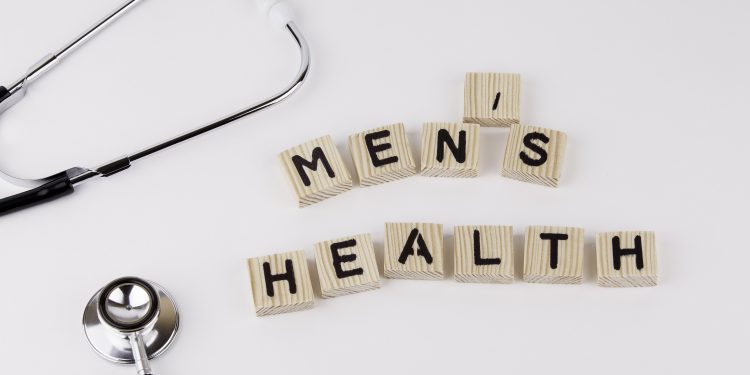Over a quarter or 28 per cent of men never check their testicles while over a third or 37 per cent of men do not know the warning signs for testicular cancer, according to Aviva.
The report found that around one in ten men or 12 per cent said there aren’t any warning signs for testicular cancer while six in ten men or 60 per cent agree they live life, and hope cancer won’t happen to them. One in five or 21 per cent of men say they aren’t doing anything to help control their risk of cancer or other serious illness.
Testicular cancer, predominant among men aged 15-49, sees 57 per cent recognising its warning signs, but 37 per cent lack awareness of symptoms. Notably, 38 per cent of the uninformed fall within the crucial 25-34 age bracket. Awareness initiatives should target this demographic with the least knowledge.
Around 64 per cent of men acknowledge the need to improve health habits, with 29 per cent exercising regularly, 27 per cent maintaining a balanced diet, and 25 per cent monitoring their weight.
Additionally, 18 per cent reduced fat intake, 15 per cent cut back on alcohol, and 10 per cent quit drinking altogether while 14 per cent have quit smoking.
Furthermore, 21 per cent take no action to reduce cancer risks, and 60 per cent rely on lifestyle choices to prevent cancer.
Aviva UK Health medical doctor Dr Doug Wright says: “Although testicular cancer is fairly rare, our research reveals a worrying lack of awareness amongst younger men who are more likely to experience this condition. It was particularly worrying to learn that over a quarter of men don’t ever check their testicles and those who do tend to be from older age groups.
“Testicular cancer cases peak in our early thirties but one in five men around this age didn’t know that there are warning signs to look out for. These include a painless swelling or lump in a testicle, a change in shape or texture of the testicle or a dull ache or pain in the scrotum which may come and go.
“The good news is that if it’s caught early, testicular cancer can be highly treatable. So, it’s important that men know what to look for, and get into the habit of checking their testicles on a regular basis.
“It’s positive to see that men recognise the benefits of leading a healthy lifestyle and some are already taking steps to improve their diet, increase their exercise or cut back on unhealthy habits such as smoking and drinking alcohol.
“By adopting a healthy lifestyle and being aware of potentially worrying symptoms, men can take positive action to help them control the risk of becoming seriously unwell.”





